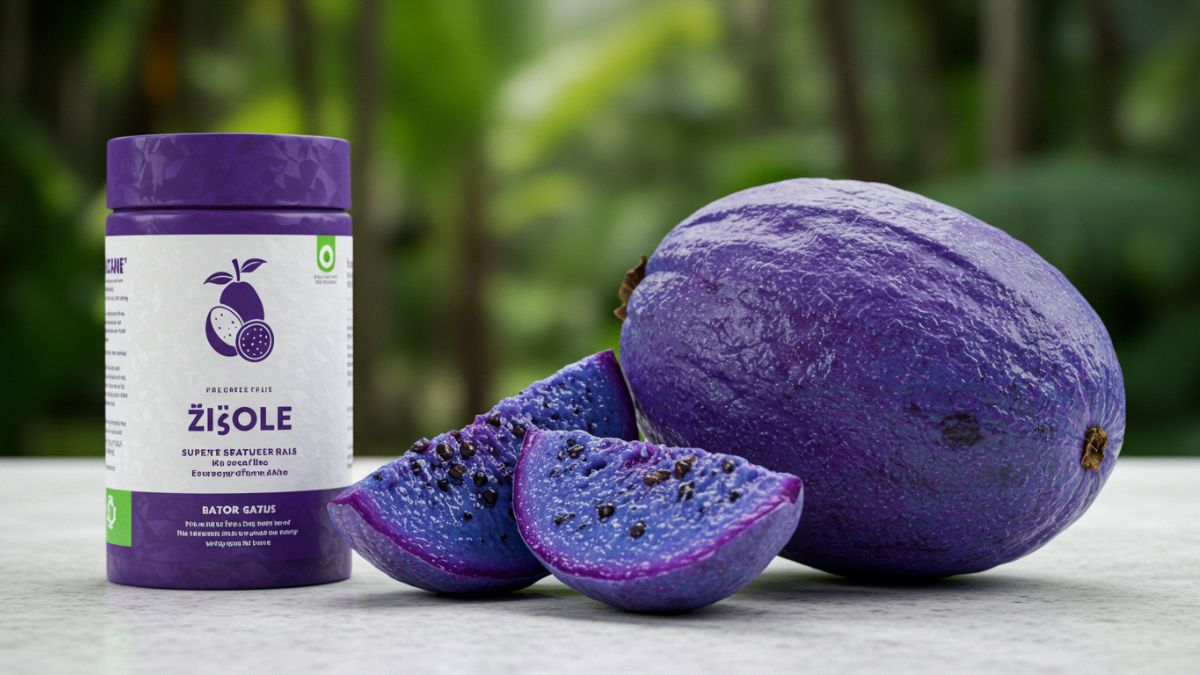Žižole, also known as jujube or Chinese dates, are small, sweet fruits with a long-standing reputation for their health-enhancing properties. These reddish-brown or golden-hued fruits are native to Asia but have grown increasingly popular across Europe and other parts of the world due to their nutritional value and medicinal benefits. Whether consumed fresh, dried, or infused into tea, žižoles offer a unique taste experience combined with numerous health advantages.
Origins and Cultural History of Žižole
Žižole have an ancient origin, dating back more than 4,000 years. Native to China, the fruit was traditionally used in herbal medicine and religious ceremonies. From there, it made its way westward through the Silk Road, becoming a staple in Mediterranean regions, particularly in Croatia, Italy, and Greece.
In many cultures, žižoles symbolize longevity and prosperity. In traditional Chinese medicine, they were revered as a tonic fruit believed to calm the spirit and nourish the blood. Today, this humble fruit continues to be appreciated both for its flavor and its functional benefits.
The Unique Nutritional Value of Žižole
One of the main reasons žižole are so popular in health-conscious communities is due to their impressive nutritional profile. They may be small, but they are densely packed with vitamins, minerals, and antioxidants.
Nutritional Highlights:
-
Rich in Vitamin C: Helps boost immune function.
-
High in Fiber: Supports digestion and bowel health.
-
Contains Potassium: Regulates fluid balance and blood pressure.
-
Antioxidants: Reduce oxidative stress and support cellular health.
Žižoles also contain phytonutrients that promote relaxation, making them especially useful in natural sleep remedies.
Health Benefits of Eating Žižoles
1. Promotes Better Sleep
Žižole are known to have sedative effects, especially when consumed as an herbal tea. The natural compounds in the fruit, such as saponins, help to relax the nervous system and promote restful sleep.
2. Boosts Immune System
With high levels of vitamin C and antioxidants, žižoles help protect the body against infections and strengthen the immune response.
3. Improves Digestive Health
The dietary fiber in žižole promotes healthy digestion, relieves constipation, and supports gut bacteria.
4. Supports Heart Health
Potassium and low sodium levels in žižoles contribute to balanced blood pressure and better cardiovascular function.
Culinary Uses of Žižole
Žižole are incredibly versatile in the kitchen. Their natural sweetness makes them a fantastic ingredient in both savory and sweet recipes.
Ways to Use Žižole in Cooking:
-
Fresh Snack: Eaten raw like an apple.
-
Dried Treat: Chewy and date-like when dried.
-
Tea Infusion: Used in calming herbal blends.
-
Jams and Preserves: Perfect for making homemade spreads.
-
Salads and Desserts: Adds a unique texture and flavor twist.
In Croatia, it’s common to find žižoles at fall markets, where they are often candied or made into traditional liqueurs.
Žižole in Traditional Remedies
In addition to their culinary uses, žižole have long been valued in alternative medicine. In Ayurveda and Chinese medicine, they are considered a tonic for the mind and body.
Traditional Uses Include:
-
Reducing anxiety and stress
-
Enhancing liver function
-
Balancing hormones
-
Improving skin texture
Even modern wellness brands now use žižoles extracts in natural supplements and beauty products.
How to Grow Žižole at Home
If you’re interested in cultivating this nutrient-rich fruit, žižole trees are relatively easy to grow. They thrive in warm, dry climates and are drought-resistant once established.
Growing Tips:
-
Soil: Well-drained and slightly sandy
-
Sunlight: Full sun exposure is ideal
-
Watering: Minimal once mature
-
Spacing: Provide room for growth; these trees can reach 5–10 meters
In favorable conditions, a žižoles tree can produce fruit in 2 to 3 years.
Buying and Storing Žižole
Žižole can be found in local farmer’s markets, health food stores, or international grocery shops. When fresh, they resemble small apples. Dried žižoles can be stored in airtight containers for several months and used in teas, snacks, or baked goods.
If you can’t find them locally, they are also available online through organic food retailers and herbal shops.
Žižole vs Other Superfruits
Though less mainstream than goji berries or acai, žižole hold their own as a powerful superfruit. Their high antioxidant content, natural sweetness, and broad medicinal applications make them a smart choice for anyone looking to improve their health through diet.
Comparison With Other Fruits:
| Feature | Žižole | Dates | Goji Berries |
|---|---|---|---|
| Taste | Sweet-tart | Very sweet | Tart-sweet |
| Vitamin C | Very High | Low | High |
| Fiber | High | Moderate | High |
| Antioxidants | Abundant | Moderate | Rich |
Final Thoughts: Why Žižoles Deserve a Spot in Your Kitchen
Žižole may not yet be a household name, but they certainly deserve to be. From their impressive nutrient content to their ancient history in healing, this fruit offers something for everyone. Whether you enjoy them as a healthy snack, a tea ingredient, or a natural remedy, žižoles are a powerful ally for your well-being.












